DMSO for Cardiovascular Health
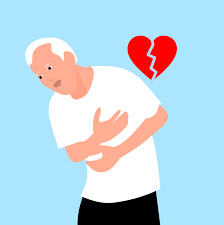 Dimethyl sulfoxide (DMSO) is a polar, organic solvent that is FDA approved and regularly used by itself and in combination with other medicines, herbs, and essential oils to overcome a huge array of different health issues and mental health issues. DMSO can be extremely valuable as a treatment for medical disorders that result in tissue damage. DMSO can help restore impaired blood flow and reduce cytotoxicity from the excess release of glutamate and restricting cytotoxic sodium and calcium entry into damaged cells. DMSO also blocks tissue factors which can contribute to the development of blood clots. This medicinal substance is often used for traumatic injury and, as it turns out, DMSO interacts with the natural supply of Acetylcholine produced by cardiomyocytes in the heart to improve heart contractility and reduce heart inflammation.
Dimethyl sulfoxide (DMSO) is a polar, organic solvent that is FDA approved and regularly used by itself and in combination with other medicines, herbs, and essential oils to overcome a huge array of different health issues and mental health issues. DMSO can be extremely valuable as a treatment for medical disorders that result in tissue damage. DMSO can help restore impaired blood flow and reduce cytotoxicity from the excess release of glutamate and restricting cytotoxic sodium and calcium entry into damaged cells. DMSO also blocks tissue factors which can contribute to the development of blood clots. This medicinal substance is often used for traumatic injury and, as it turns out, DMSO interacts with the natural supply of Acetylcholine produced by cardiomyocytes in the heart to improve heart contractility and reduce heart inflammation.
DMSO can prevent muscle cell migration and proliferation that can lead to the development of atherosclerosis, so it is a medicine that can be used to generally heal the heart as well as the blood vessels. It can also prevent fluid buildup / tissue edema and inflammation. DMSO can be administered strategically to prevent or to neutralize some of the complications that occur as a result of a heart attack or other types of heart damage.
Studies have shown that DMSO helps the heart muscle maintain contractility during hypoxia when oxygen levels in the bloodstream are low. Several studies have shown that DMSO enhances cardiac output while reducing vascular resistance even at fairly low doses.
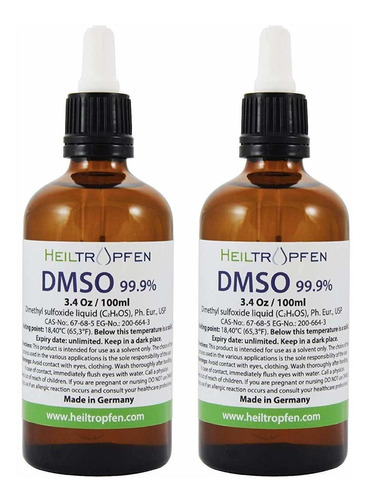
Click here to buy Low-Odor DMSO.
How to Use DMSO to Heal after a Heart Attack
After a person suffers a heart attack, the heart becomes “scarred”. The scarred cardiomyocytes (cardiac cells) are composed mainly of fibroblasts that are non-functional. Scientists have studied the possibility of reprogramming these fibroblasts into functional cardiomyocytes using a process called “cardiac reprogramming. One of the substances that they’ve studied to alter gene expression in cardiomyocytes to help fibroblast-scar tissues become functional again is DMSO.DMSO has the ability to scavenge for free radicals, reduce inflammation, reverse the cell cycle, and promote DNA methylation by forming methyl radicals. DMSO also enhances stem cell differentiation by suppressing the expression of certain genes while improving the differentiation of human pluripotent stem cells. In other words, DMSO enhances cardiac reprogramming after heart attack to encourage scar tissue to become functional cardiac tissue again.
In animal studies examining heart attack, DMSO at a dose of 0.5 mL per kilogram body weight administered 3 days before descending coronary artery ligation / heart attack, reduced cardiac damage significantly.
Also note that in patients who have undergone heart surgery, DMSO can be administered directly to the scar (as long as other, toxic medications are not present) to speed the healing of the wound. DMSO potentiates the effects of other medications and it also has the ability to take the medications deeply into the body because DMSO makes human cells more permeable. Click here to learn more about how to use DMSO safely.
Click here to learn how to use Chlorine Dioxide Solution / CDS during a heart attack to save your own life.

Click here to schedule a health coaching session with us.
DMSO and EDTA to Prevent Heart Attack
Ethylenediaminetetraacetic acid (EDTA) is an important medicinal agent for anyone who is looking for an alternative to heart surgery. Though EDTA has been demonized as “quackery” on some websites that are operated by Big Pharma, in fact, EDTA has a long and distinguished history of use as a medicine to prevent heart attack and avoid heart surgery. The Board of Medical Examiners once reviewed all of the data about EDTA as a medicine and determined that it is a legitimate treatment for cardiovascular disease and specifically noted that it is not “quackery”. Of course, that was many years ago, before the rise of Big Pharma as an organization that controls information about medicines like DMSO and EDTA.Though DMSO and EDTA should not be used at the exact same time by people who are self-doctoring at home to prevent heart attack, they can be used strategically as an alternative to heart surgery by administering them at separate times. For more information about EDTA to prevent heart attack, Dr. H. Richard Casdorph did studies on EDTA as a treatment for cardiovascular disease and he wrote the book, Bypassing Bypass Surgery. Dr. Casdorph was able to improve heart function in his patients and significantly increase blood flow to the brain and other organs in patients with severe atherosclerosis.
Click here to learn more and subscribe to the Living Database now.
EDTA Studies: How to Avoid Heart Surgery
In 1993, 65 patients in Denmark who were waiting for bypass surgery were treated with EDTA chelation therapy for 6 months. As a result of the EDTA chelation therapy, 89% of the patients improved to a point where they did not have to have heart surgery. In fact, 27 of those patients had limbs that were impacted by poor blood flow. In 24 of the 27 patients with poor blood flow to the limbs, the affected limb was saved from amputation.
Another study was done on 92 patients who had been referred for cardiac bypass surgery. These patients were given EDTA chelation therapy therapy instead. Similar to the Denmark study, only about 10 patients out of the 92 still required surgery after EDTA chelation. This study followed patients for 6 years after they received EDTA chelation therapy. None of the patients experienced negative side effects from the EDTA therapy and none of the patients died from the treatment.
EDTA therapy is typically administered intravenously though it can also be administered via a suppository in some cases. It goes into the bloodstream and binds with heavy metals to remove them from the body safely via the kidneys. Though DMSO can also be administered intravenously, typically, when people are working with it at home, it is administered orally or topically. As such, in patients who wish to avoid heart surgery, EDTA therapy can be administered first. It is usually administered intravenously over the course of several weeks. DMSO therapy can begin after EDTA therapy has ended to heal heart tissues that may have been damaged by poor blood flow. (See DMSO dosing below).

Click here to buy Root Cause: Common Environmental Toxins and How to Protect Yourself from Them.
DMSO and Naturally-Occurring Acetylcholine in the Heart
DMSO can strengthen the effect of acetylcholine, a neurotransmitter that plays a role in heart health. Throughout most of the body, acetylcholine is naturally released by parasympathetic nerves, but recent studies have shown that Acetylcholine is not just released by neurons. In both the heart and in the pancreas, acetylcholine can be released by other cells such that it can play a role in regulating heart rate and contractility as well insulin secretion in the pancreas. Studies have shown that acetylcholine plays a role in immunomodulation and cardiac inflammation.Acetylcholine is one of the neurotransmitters that plays a role in autonomic nervous system function. Heart activity is regulated by the autonomic nervous system. The parasympapathetic branch of the autonomic nervous system has a few, sparse nerves that feed heart tissues which has led scientists to question how acetylcholine signaling is able to regulate heart cells. Some scientists believe that in heart tissues, acetylcholine is released from cardiomyocytes, rather than from neurons to regulate heart rate and function.
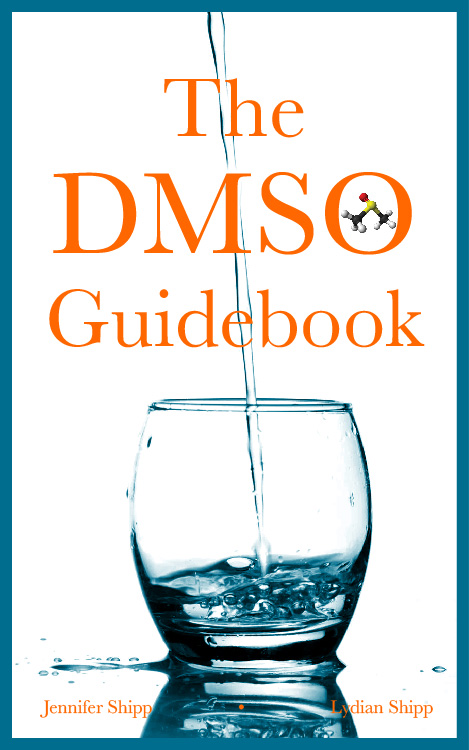 The Alive-N-Healthy DMSO Guidebook - Buy Here!
The Alive-N-Healthy DMSO Guidebook - Buy Here!
In animal models of heart disease, the release of acetylcholine from cardiomyocytes can be manipulated. In mice that no longer release acetylcholine from their cardiomyocytes, the mice show an imbalance of autonomic activity in the heart. A lack of acetylcholine secreted from cardiomyocytes causes cardiomyocyte remodeling and a dysregulation of heart activity. Mice who are not able to release acetylcholine from the cardiomyocytes in their hearts, may have normal heart rate and function except during exercise when heart rate response is increased. These mice also have increased oxidative stress, alterations in calcium signaling, and heart hypertrophy.
Studies have shown that DMSO can inhibit atrial acetylcholinesterase activity (the enzyme that breaks down acetylcholine) while simultaneously potentiating acetylcholine’s effects in the heart.
Patients who would like to increase Acetylcholine stores in the heart tissues should take a choline supplement daily. Choline is a nutrient that acts as an Acetylcholine precursor molecule.
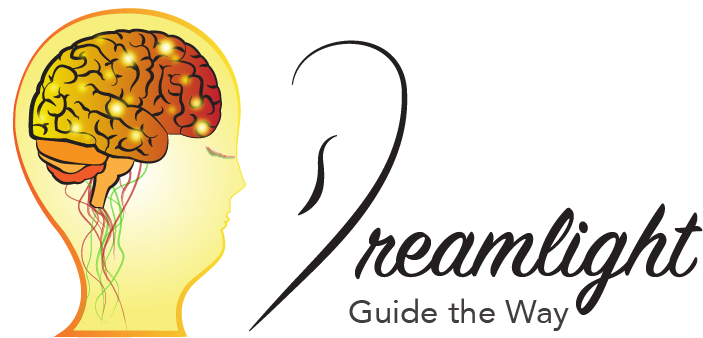
Click here to learn more about the DreamLight.app, a guided meditation and brain-entrainment tool.
DMSO and Alpha-Lipoic Acid
Alpha-Lipoic Acid / ALA is an antioxidant and nutrient that can act as a cofactor in certain mitochondrial reactions in human cells. ALA is an anti-inflammatory that has the ability to protect cells and reduce symptoms of diabetic neuropathy among other things. It is a nutrient supplement that can be administered to improve heart health naturally, but ALA works best to heal the heart after a heart attack if it is administered at the same time as DMSO. (Be sure to choose an ALA product that is pure and that does not contain other ingredients).In one study, scientists used ALA to promote the effects of DMSO on cardiac reprogramming (the differentiation of fibroblasts into functional heart cells after they have been damaged by heart attack). The scientists found that ALA potentiated the effects that DMSO had on healing the heart after heart attack, but they also found that without DMSO, ALA did not stimulate heart cells to heal. The scientists speculated that the ALA stimulated collagen synthesis while DMSO promoted the re-differentiation of inert scar tissues into functioning heart tissues.
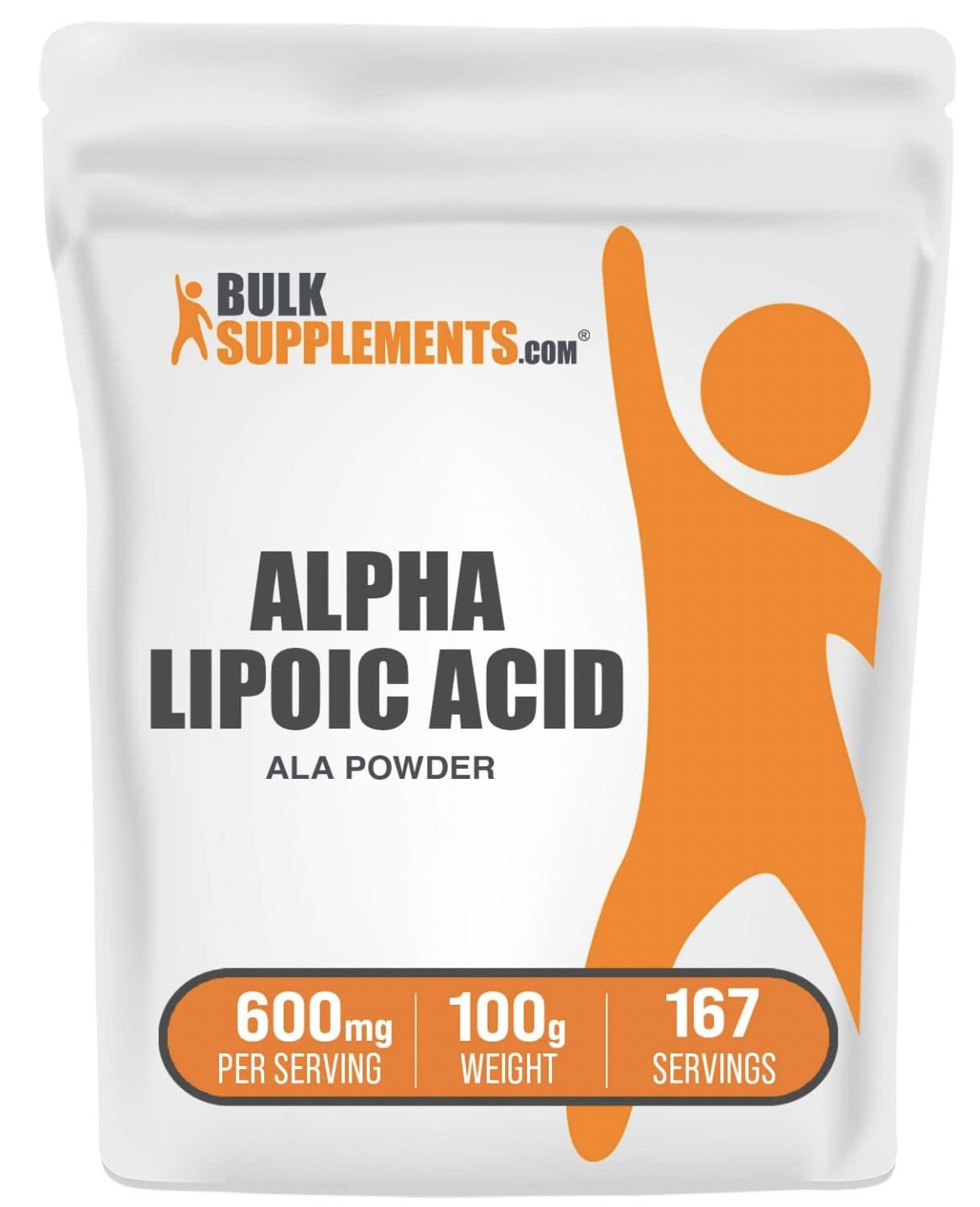
Click here to buy pure ALA for use with DMSO.
DMSO Dosing for Heart Issues
WARNING: DO NOT TAKE DMSO IF YOU ARE CURRENTLY TAKING PRESCRIPTION DRUGS. DMSO CAN INCREASE THE EFFECTS OF CERTAIN PRESCRIPTION DRUGS.Note that intravenously administered DMSO at a dose of 2 grams per kilogram body weight causes changes in the heart rate and blood pressure in comparison with normal saline administered intravenously. DMSO decreases diastolic blood pressure and reduces systemic vascular resistance during administration. Most of the induced changes in blood pressure and heart rate return to normal pre-infusion values just 10 minutes after administration.
A patient who wishes to prevent heart attack naturally may wish to take DMSO daily at an oral dose of 0.5 mL per kilogram of the patient’s weight. Administer DMSO with filtered water.
Note that intravenous EDTA chelation to prevent heart attacks and strokes is usually administered over the course of 2 to 4 hours. Patients receive 5 to 30 sessions over the course of 30 days or more.
Resources:










